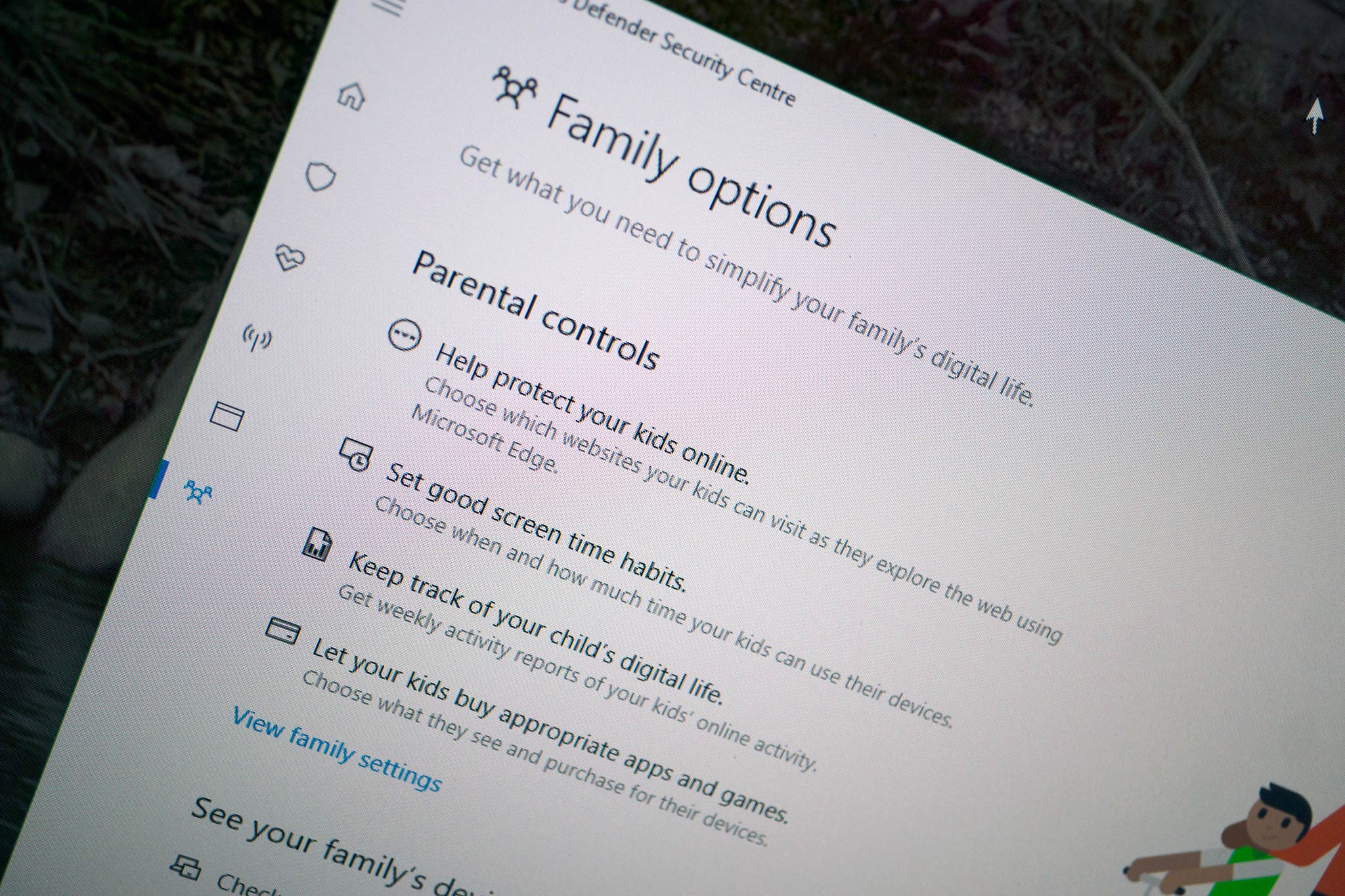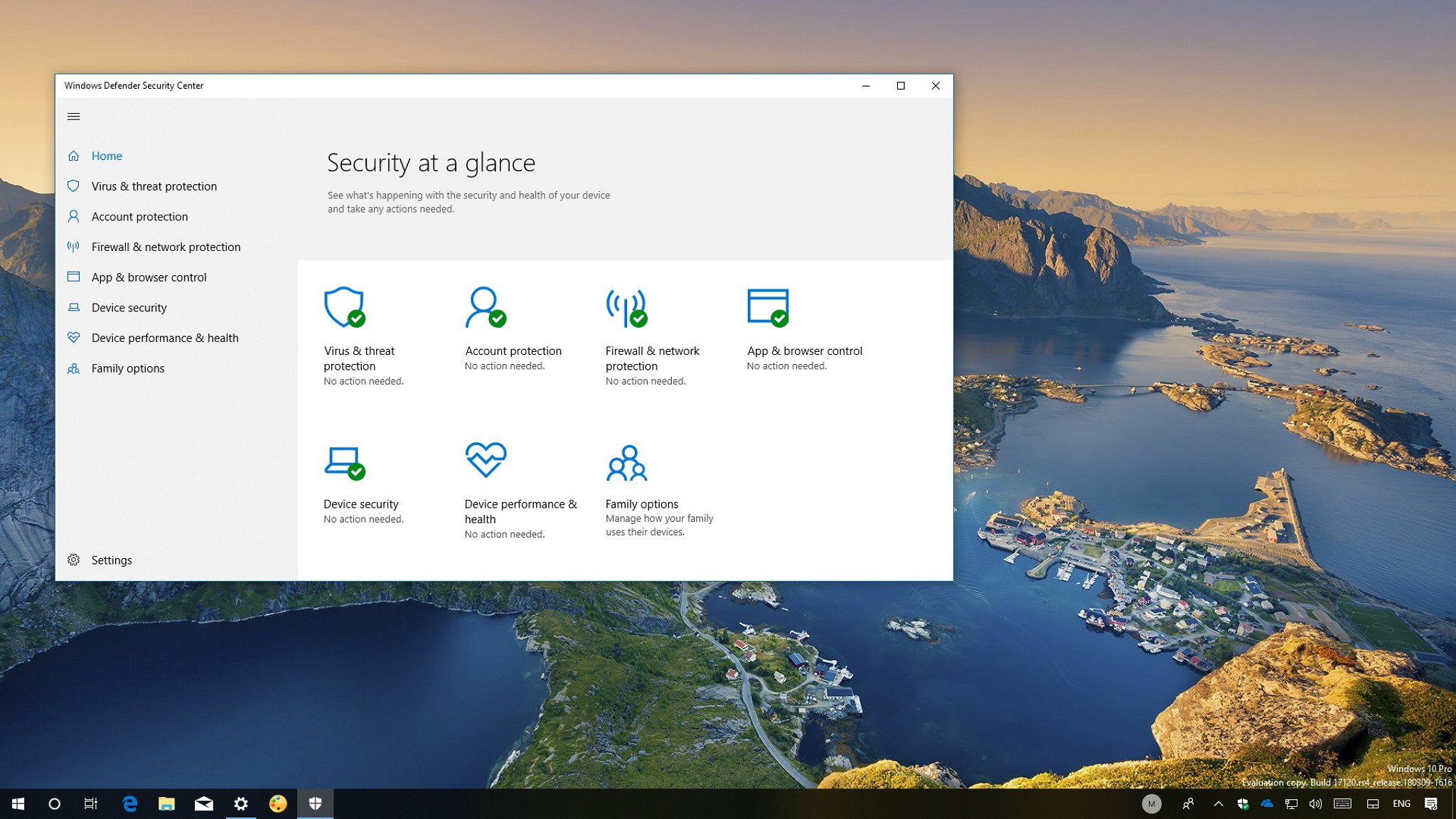Windows Defender gets the job done — so why even gamble with third-party antivirus?
In a world where Windows Defender is more than good enough to get the job done, why even risk using a third-party antivirus?

News broke this week that Avast has apparently been selling the browsing data of its users to major companies, including Microsoft, Google, Pepsi and Home Depot. The data, which was obtained as part of a report by Motherboard and PCMag, included things like Google searches, what LinkedIn pages and YouTube videos people looked at, and even the porn sites people viewed.
Avast claims the data it collects is anonymized, and its users have to opt in to allow Avast to use their data. However, it's unlikely that every owner included in the around 100 million devices that opted into the program knows exactly how their data is being used and what's being collected. Despite all of the caveats, the fact remains that an antivirus company is harvesting browsing and search data from its users, dumping it off to a subsidiary, and selling it for marketing purposes.
Why even gamble with the idea of yet another company treating your online habits like a sack of money to be pillaged when Windows Defender, which is build into Windows 10, is good enough?
Defender isn't perfect but it's more than good enough

Microsoft has received some backlash in recent years over the telemetry data it collects with Windows 10, but that's a far cry from pulling your entire browsing history and selling it, even if it's anonymized. Otherwise, Windows Defender has a lot going for it: it's fast, and it doesn't hit system resources as hard as heavy third-party antivirus software does. Even better, it's just as good as all of the other antivirus options on the market. And it's free for Windows users.
Why let yet another company treat your online habits like a sack of money to be pillaged?
By opting to stick with Windows Defender, you also avoid all of the annoying parts of third-party antivirus software. It's free, there are no annoying pop-ups to renew your subscription, and you aren't opening yourself up to other potential attack vectors opened up by the way other antivirus software has to integrate itself into your system. Did I mention, it's free for Windows users?
Windows Defender is no cure-all for every problem out there. You'll still want to practice some common sense when poking around the internet, and you might even want to pair it with a malware scanner of some sort to double up on protection. Still, there's no reason to go out of your way with third-party antivirus software when Windows Defender is just fine in its current state.
I don't say all of this as some sort of privacy warrior. I'm well aware that every Google search I make, every trip I map out with my phone's GPS, and every Amazon purchase I make are all going into some marketing black box that is uniquely designed to make me buy more stuff I probably don't need. But when everyone online is looking to make a buck on our data, it only makes sense to cut down where you can.
Get the Windows Central Newsletter
All the latest news, reviews, and guides for Windows and Xbox diehards.
Dan Thorp-Lancaster is the former Editor-in-Chief of Windows Central. He began working with Windows Central, Android Central, and iMore as a news writer in 2014 and is obsessed with tech of all sorts. You can follow Dan on Twitter @DthorpL and Instagram @heyitsdtl.

